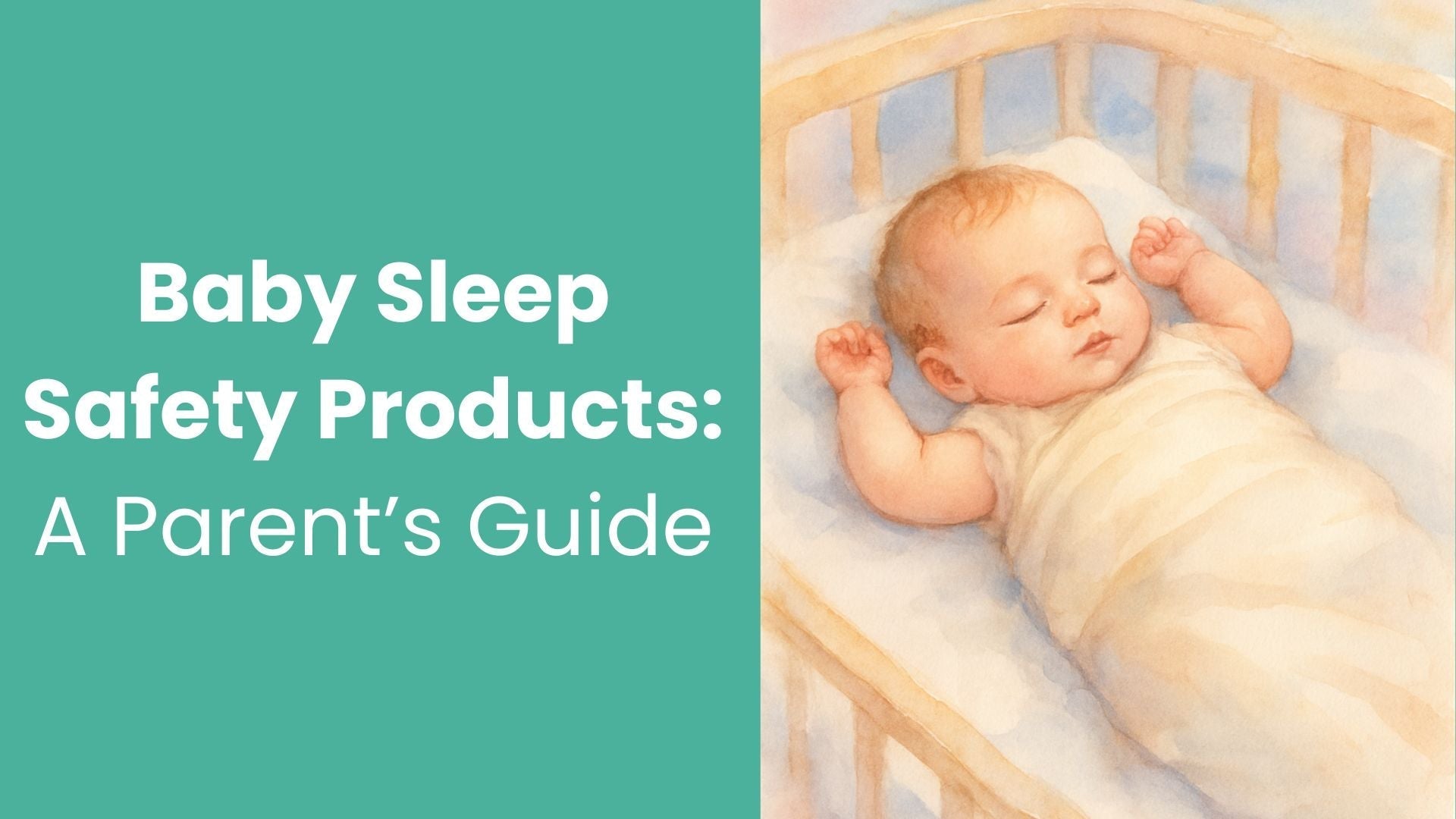Short answer: The best research in 2025 does not show that Tylenol in pregnancy causes autism. Major health bodies advise using acetaminophen only when needed, at the lowest effective dose, and talking with your clinician if you have questions.
| Claim you may have heard | What high-quality evidence shows | Current guidance |
|---|---|---|
| “Tylenol in pregnancy causes autism.” | Large 2024 Swedish study of ~2.5 million children found no causal link after controlling for family factors. NIH summary reached the same conclusion. | Use acetaminophen as needed, lowest effective dose, shortest time. Discuss questions with your clinician. |
| “Avoid all Tylenol while pregnant.” | Untreated fever and significant pain can harm pregnancy. NSAIDs like ibuprofen carry known risks after 20 weeks. | Most obstetric groups still list acetaminophen as first-line for fever or pain when medically indicated. |
What just happened and why it matters
On September 22 to 23, 2025, the President publicly linked autism to Tylenol use in pregnancy and urged mothers to avoid the drug. The Economist called the message “wrong,” noting it overstates risk and understates benefits. Newsrooms and scientists quickly pushed back.
Within 24 hours, the World Health Organization and European regulators said the evidence for a link is inconsistent or lacking and reiterated long-standing advice to use paracetamol prudently when needed in pregnancy.
Tylenol in pregnancy: what large studies show
The strongest data to date do not support a causal link. In 2024, researchers analyzed 2.48 million Swedish children with sibling comparisons and careful adjustment. They did not find evidence that acetaminophen exposure in the womb causes autism, ADHD, or intellectual disability. The NIH summarized that earlier signals were likely due to other factors shared within families.
Why did earlier studies hint at risk? Many were observational and relied on parental recall. Fever and infection can also drive acetaminophen use and are themselves linked to adverse outcomes, which can confound results. Later, better-designed studies that compare siblings or use registries reduce these biases.
What major health bodies say now
- WHO and EMA: Evidence of a link to autism is inconsistent or lacking. Use paracetamol during pregnancy only when needed, at the lowest effective dose.
- ACOG and SMFM: Continue to use acetaminophen for fever or pain in pregnancy when medically indicated. Untreated fever and significant pain carry their own risks.
- SOGC (Canada): Re-affirmed in 2025 that acetaminophen remains first-line in pregnancy when needed.
- CDC and AAP on vaccines: Vaccines do not cause autism. This is settled by extensive research and is separate from acetaminophen questions.
Fever and pain in pregnancy: balancing risks
Fever and severe pain can increase risks for mother and baby. When medication is needed, acetaminophen is typically preferred. In contrast, nonsteroidal anti-inflammatory drugs like ibuprofen have known fetal risks after 20 weeks, which is why FDA advises avoiding them in the second half of pregnancy unless a clinician recommends otherwise.
Important: This article is for general education and is not medical advice. Always follow your clinician’s guidance for your situation.
How to weigh health claims you see online
- Check study design. Sibling and registry studies reduce bias better than surveys.
- Look for consensus. WHO, EMA, ACOG, SMFM, and SOGC statements matter.
- Beware of absolute claims. Medicine often balances benefits and risks rather than “never” or “always.”
- Consider untreated illness. Avoiding all medication can also carry risk in pregnancy.
- Talk to your care team. Personal history can change the plan.
Key takeaways in 5 quick points
- There is no proven causal link between Tylenol in pregnancy and autism.
- Use acetaminophen only when needed, at the lowest effective dose, and for the shortest time.
- Untreated fever can be harmful. Get medical advice for high or persistent fevers.
- Avoid NSAIDs like ibuprofen after 20 weeks unless your clinician advises otherwise.
- Vaccines do not cause autism.
FAQs
Is Tylenol safe during pregnancy?
Most obstetric groups advise that acetaminophen can be used in pregnancy when needed, at the lowest effective dose and shortest duration, because alternatives later in pregnancy have known risks. Discuss any regular or high-dose use with your clinician.
Does acetaminophen cause autism or ADHD?
No causal link has been shown. The 2024 Swedish sibling study and NIH summary indicate earlier signals likely reflected other factors rather than the medicine itself.
What should I take for fever while pregnant?
Acetaminophen is typically first-line. Do not use NSAIDs like ibuprofen after 20 weeks unless specifically advised. Seek care for high or persistent fever.
Do vaccines cause autism?
No. Extensive research over decades shows no link between vaccines and autism. Keeping up with vaccines protects parents and babies.
Product spotlight
Looking for a simple, non Wi-Fi monitor that fits a calm, low-tech nursery? Explore Babysense Prisma for clear video, split-screen options, and easy setup.
Related reading on Babysense
- Safe sleep guidelines and nursery setup
- Newborn sleep schedule basics
- When to contact a pediatrician about breathing
- Nursery temperature and humidity guide
References
- The Economist: The president is wrong on Tylenol
- JAMA 2024: Acetaminophen use during pregnancy and risk of ASD, ADHD, ID
- NIH summary of Swedish sibling study
- WHO on inconsistent evidence
- EMA and UK regulators reaffirm paracetamol guidance
- ACOG response on paracetamol use in pregnancy
- SMFM statement on acetaminophen use




